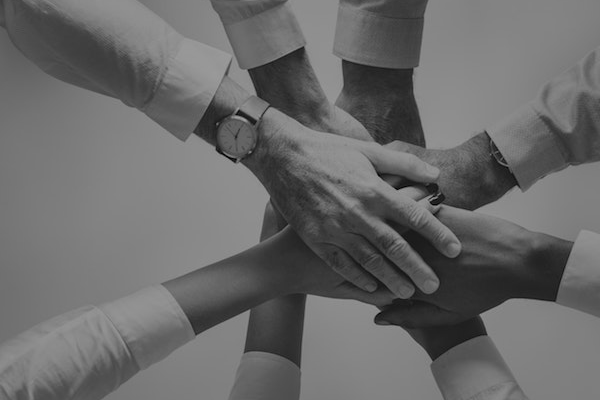Diversity in the workplace is more than just a concept. Today, it is an essential element of your business model and one that contributes to your success in a measurable way.
Studies show that diverse teams outperform those that lack diversity. All things considered, from a purely business standpoint, diversity should be an integral part of your HR strategy. But what does a diverse team look like and how do you make it happen?
What does diversity in the workplace mean?
Diversity means more than gender balance and ethnic representation. Simply placing diverse individuals does not always correlate to profits and productivity. Diversity needs to start from the top, as your company’s leadership is the place from which culture evolves. To have a high-performing and diverse team, you need to focus on talent and you can’t attract top talent without top leadership.
What a diverse team looks like
A diverse team should include:
- A range of age groups
- Gender balance
- Diverse sexual orientation
- A variety of racial ethnicities and cultural backgrounds
- A range of experience, education, and points-of-view
The value of diversity
The value that such teams can bring to the organization can be measured in ways that go beyond profitability. In any given discussion, whether you are innovating, improving processes, finding new ways to win over customers or targeting clientele in other parts of the globe, having a variety of viewpoints as to how to approach a solution are essential.
For instance, if you are the architect of a solution that is beneficial for women, it helps to have women involved in the process. Women of different ethnicities may bring different concerns to the table, helping the team think outside the box for a result that has a wider reach and will appeal to more people in more countries.
A diverse team invites engagement as colleagues, peers, and end users will know that their needs are being addressed. For example, a disabled individual will bring viewpoints to the table that able-bodied people may not have considered. Including these considerations will let disabled people know that they are important too and that your brand supports them.
Diversity encourages engagement, accountability
Ultimately, every company is looking to make a more meaningful connection with their customers, one that shows that they are in tune with the needs and desires of the many, rather than being seen as an “exclusive service” meant only for the few. Leveraging a range of viewpoints opens your brand up to a wider audience, inviting them to connect with your ideals and principles. The more inclusive and intuitive these ideas are, the more significant that connection will be.
In terms of accountability, an effective team will always question the status quo. Diversity helps your teams to gain objectivity in each process, shaping it into a high-functioning and effective unit that focuses on the process as much as the results.
Are your teams diverse?
Diversity is an essential component of success in today’s business landscape. If you would like to learn more about how to build a high-functioning and diverse team, set up a call today.

